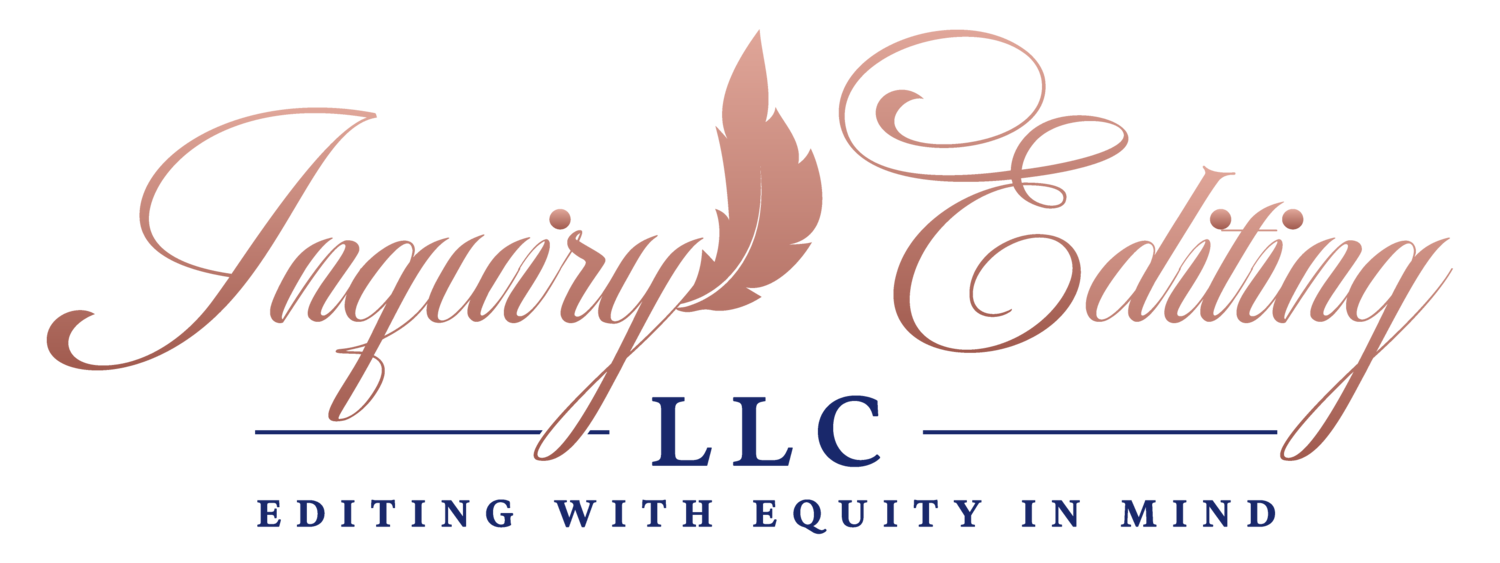Process Goals vs. SMART Goals
At the beginning of the year, most of us were bombarded with all the goals we had to set for whatever ambitious projects we had on our minds. With regard to writing, I am sure you pictured the finished products, maybe even the awards you want. I envisioned a finished pdf that I would send to a publisher or an agent for my next book.
We all skipped a vital step. We didn’t think about all the easy stuff we’d have to do first.
Whenever I begin a new project, I start with the process goals. Process goals focus on building a habit or committing to a process. They force you to repeat the same or similar activities for a set number of hours, for a set number of days per week. Your task is to just do it. I have elsewhere referred to this as your montage: where you show up (like a character in a movie) to do the same task in different outfits. Or, the same outfit. (I’m not judging.)
The virtue of the process goal tends to be overlooked. We overlook it because it seems too easy or doesn’t seem ambitious enough. We forget that in order to do the hard thing we have to do a bunch of easy things first. For instance, before we create that lovable character, we have to do a character sketch first. We have to research what kind of personality we want them to have. What events have shaped that personality? What kinds of conflicts is this person prone to have? In Octavia E. Butler’s archive, there are notebooks after notebooks of journal entries where she showed up each day and wrote about a character’s background, personality, foibles, and vulnerabilities. For the non-fiction writers, our task is much the same: show up, sketch a vignette, explain a portion of the data, argue for the importance of our interventions, counter other arguments, revise, revise, revise.
I encourage all folks to have some part of their writing dedicated to the process. It builds the habit and it builds confidence. When you show up for yourself and your writing day after day, you build self-efficacy. You begin to trust that you can keep going. Such significant work. That is, in addition to the words you’re writing and the research problems you’re solving.
And, yet, there is another part of the process. At some point, the process goal is no longer satisfactory. You’ve moved beyond wondering whether you can do it because you’ve been doing it. You’ve moved beyond needing to show up. You need a different motivation: the kind that comes from seeing tangible results.
Enter the SMART goal.
Just a refresher: SMART stands for Specific, Measurable, Attainable/Attractive, Realistic, and Time-Framed/Time-Bound. These goals allow you to tick items off a to-do list. They make you feel accomplished. And, after days of saying “I wrote” or “I worked on my manuscript” you can begin to say “I finished the introduction” or “I have a substantial draft of the results section.”
The difficult part is how to make SMART goals. I know I’m about to anger a few of you with this answer: it depends on the project. For my article writers (especially in STEM and the social sciences), you have set sections of each article. That can be your checklist. For humanists, you have outlines and those sections can become your checklist. Anyone with notes from an editor or revisions, those folks’ comments can be translated into a list of to-dos. For academic book writers, you may choose (and I strongly suggest this) to work on the chapters first and the introduction last. Within those chapters, you have sections of the story you want to tell. For fiction writers, you have plot points you want to write. When we are lost, sometimes we white knuckle our way through the draft. Then, our revisions are our checklist.
If I am honest, it is the T that most confounds me in the SMART goal. I tend not to have goals that can be achieved within my 30 – 60 min writing time each day. I tend to have weekly goals: finish reading this book, draft this section, et cetera. The closer I get to my deadline, the easier it is to create 30 – 60 min goals because the tasks prior to saying “DONE” become much more clear.
Where are you in your process? And, how can I help?
